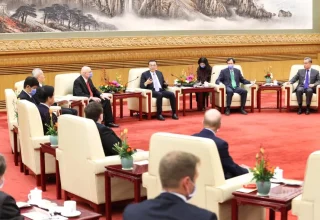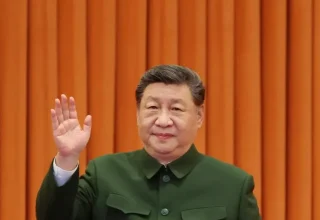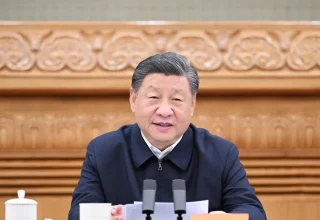
The Competition Commission of Pakistan (CCP) organized an in-house training session titled “Investigating Cartel and Abuse of Dominance Cases” for officers from its Legal, Adjudication, CECL, OFT, Exemptions, C&TA, M&A, MIU, and Registrar’s offices. The session aimed to enhance the officers’ capacity in investigating anti-competitive conduct, focusing on market surveillance, evidence collection, data analysis, and adjudication support.
Delivering the session, Shaista Bano Gilani, Economic, Corporate and Regulatory Advisor and former Acting Chairperson and Member of CCP, emphasized that modern cartels no longer meet in smoke-filled rooms but communicate through encrypted chats, algorithmic pricing, and digital coordination that often leaves no paper trail. She underscored the importance of combining economic, legal, and digital tools to unearth collusion and safeguard consumer welfare.
The training covered Pakistan’s legal framework under Sections 3 and 4 of the Competition Act, 2010, and introduced participants to investigative methods including price-trend and market-share analysis, statistical screening, digital forensics, and AI-based market monitoring. Gilani shared local and international case studies such as cement, sugar, and telecom sectors to highlight how cartels operate and how leniency and whistleblower mechanisms can help break them.
In the second part of the session, Gilani discussed abuse of dominance investigations, explaining concepts of exploitative, exclusionary, and structural abuses, and stressing that the law seeks to preserve fair competition, not punish success, but prevent its misuse.
Through interactive discussions and case analysis, the training reaffirmed CCP’s commitment to building professional expertise for effective enforcement against anti-competitive practices in Pakistan.















































